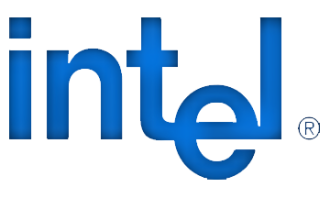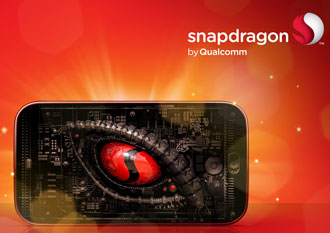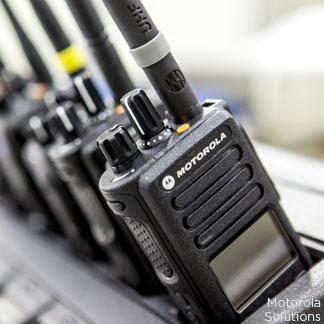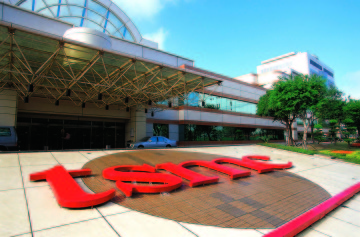 It is rare that a company claims to have control of Apple, but it seems that Intel believes that it has Jobs’ Mob wrapped around its little finger.
It is rare that a company claims to have control of Apple, but it seems that Intel believes that it has Jobs’ Mob wrapped around its little finger.
After ten years working with Apple, there are rumours that Jobs’ Mob is considering ditching Chipzilla and will start making its own Mac chips. After all Apple already creates its own chips for the iPhone and iPad based on designs from ARM and then has manufacturers like Samsung build them.
The Tame Apple Press thinks that eventually Apple’s ARM chips will be so powerful, Apple won’t need Intel anymore.
But in an interview with Business Insider, Intel’s CFO Stacy Smith brushed off those concerns and claimed that Intel is so far ahead of the competition when it comes to PC processors that Apple – and just about every other PC maker – has no choice but to use Intel chips.
Smith said that Apple was a “great partner of ours” and like Intel they like bringing really cool stuff to the market.
Intel’s leadership over the rest of the industry is extending. We’re not delayed relative to the industry. Intel is ahead of the industry, Smith said.
For Jobs Mob that means that if it abandons Intel it will have to lose lots of performance in its new Macs.
Intel thinks that Apple customers would have to take such a big step off performance if Jobs’ Mob abandoned Intel it is not worth it.
Of course, Smith fails to understand that if Apple decided to walk away from Intel, it would simply tell its customers its solution was better and the Tame Apple Press would agree with it. Apple has never been about performance, it has always been about the design and the Apple logo.
 Massive services giant International Business Machines (IBM) said it has now enrolled over 300 colleges and universities around the world in its Power Systems Academic Initiative (PSAI).
Massive services giant International Business Machines (IBM) said it has now enrolled over 300 colleges and universities around the world in its Power Systems Academic Initiative (PSAI). Massive services giant International Business Machines (IBM) said it has now enrolled over 300 colleges and universities around the world in its Power Systems Academic Initiative (PSAI).
Massive services giant International Business Machines (IBM) said it has now enrolled over 300 colleges and universities around the world in its Power Systems Academic Initiative (PSAI).


















